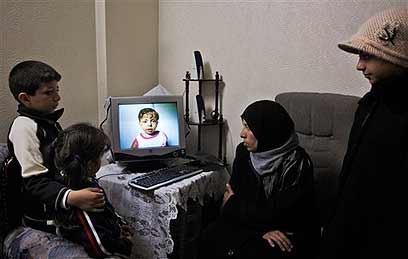As widely reported, the soldiers’ accounts — including wanton vandalism and two alleged killings of civilians — emerged during a private discussion February 13 at a pre-military academy in the Galilee, named after Yitzhak Rabin. The academy’s director, Dany Zamir, is reported to have transcribed the alarming stories and sent them to army headquarters, where they were treated dismissively. Zamir then published the transcript in the academy’s newsletter, which ended up in the hands of two senior military correspondents: Amos Harel of the left-leaning Haaretz, and Ofer Shelah (a former Forward correspondent) of the right-leaning Ma’ariv. Their reports, published March 19, spawned a worldwide blizzard of breathless news coverage of alleged Israeli brutality — and furious denials that Israelis would do such things.
That much is common knowledge. Less familiar are the quiet discussions among some army insiders and close observers — reserve officers, military correspondents, politicians — who insist the abuse reports are substantially true and think they know the reasons for the abuse. One key reason, many say, is the “special character” of the infantry units that carried the brunt of the fighting in Gaza: the Golani and Givati brigades. They talk about the units’ religious character — the high proportion in these brigades, especially Golani, of militant reli-gious nationalists motivated by a messianic sense of mission to save the Land of Israel.
“Golani has a great many religious soldiers, and many of them are Jewish fundamentalists,” said former Knesset member Avshalom Vilan, a Meretz party leader who served with Benjamin Netanyahu in the commandos and remains close to him. “It’s important not to generalize — I’m talking about a minority among religious soldiers. But there is a phenomenon of officers from a certain group of fundamentalist yeshivas and academies who are trying to change the basic values of the army.”
It’s widely believed in the senior ranks and reserves, Vilan said, that these “fundamentalist” soldiers, many of whom serve in special religious platoons with their own religious officers, were the source of much of the abuse. “I’m not talking about the woman who turned left instead of right and got shot,” he said, referring to one of the allegations highlighted by Zamir. “Those things are terrible, but they happen in every war. I’m talking abusive attitudes — soldiers trashing Arab homes, threatening women and children, that sort of thing. That’s something new, and it doesn’t appear magically out of nowhere.”....













